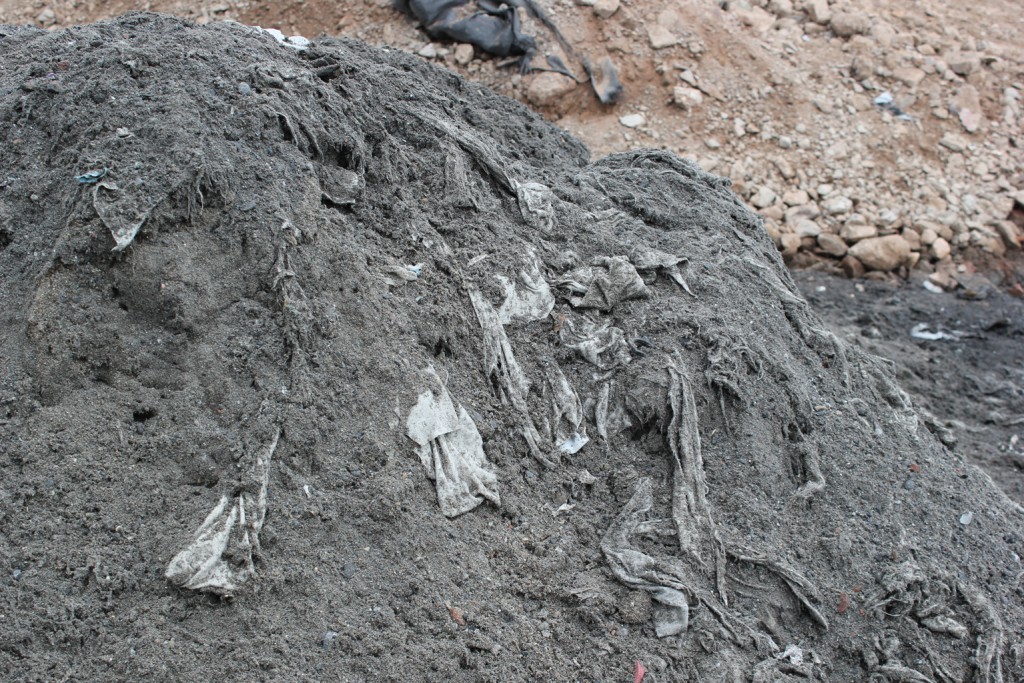

|
Chris Shaw
Editor |
| Home> | SUSTAINABILITY | >Green Cleaning Products | >‘Positive’ labelling step |
| Home> | WASHROOM HYGIENE | >Wipes & Microfibres | >‘Positive’ labelling step |
‘Positive’ labelling step
14 December 2016
Lanes Group has welcomed a positive step from wet wipe makers on tightening labelling of their products. But the independent drainage specialist points out that water industry experts want more to be done to protect the environment and prevent sewer blockages.

Michelle Ringland, Lanes Group's head of marketing, said: "The decision by the wipe manufacturers' trade body to review its labelling guidelines is a positive step in the right direction. However, we share the water industry's concerns that it may not go far enough. Our teams deal with sewer blockages every day caused by wipes. They are a major problem that cause local flooding and increase all our water bills.
"Like the wider public, we are also concerned about the potential environmental damage of disposing of man-made products in a way that allows them to get into the natural environment.
"Our recent research on public attitudes to plastic microbeads in cleaning and cosmetic products indicates that manufacturers have a clear responsibility to lead and shape opinion. They cannot just expect people to do the right thing.
"We have upgraded information about wipes on our website because we recognise the growing concern people have, and the need for clear advice. We also have a ‘Fact-or-Flush' quiz which allows people to test their knowledge about what to put down toilets, which we would invite people to try."
Edana, the European body for firms producing non-woven fabrics, said that it "accepts" it could have done better to warn consumers about products not designed to be flushed down toilets. It said that, in the future, manufacturers should have 'do not flush' logos and labels at the point of extraction - around the lid or other opening - rather than the back of the packet.
Edana's ruling means its members, which include leading manufacturers, will be expected to reconsider packaging guidelines, and to pledge to change them within 18 months. The ruling does not cover wipes that are designed to be flushable. Edana argues that these are made from cellulose, so break down quickly in sewers.
- Watch out for drain strain this winter
- Nowhere off limits for the off-road jet vac tanker
- Fast action to stop contamination
- Fine to Flush standard “a positive step”
- Drainage contractor introduces electric car
- New water contracts
- Hospital drains get health boost
- Gully cleaning reduces flood risks
- Almost half of Brits still pour fats down drains
- Drainage maintenance is 'vital' to care delivery at NHS hospital






















